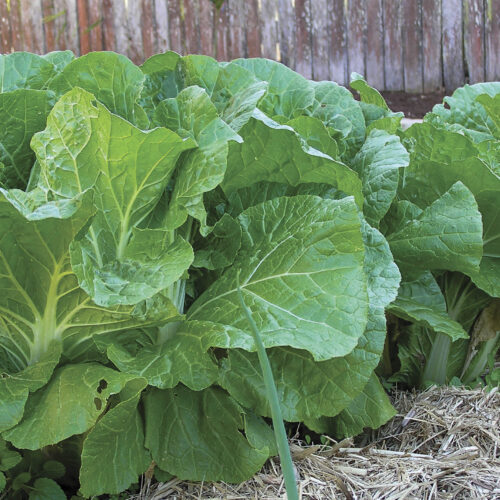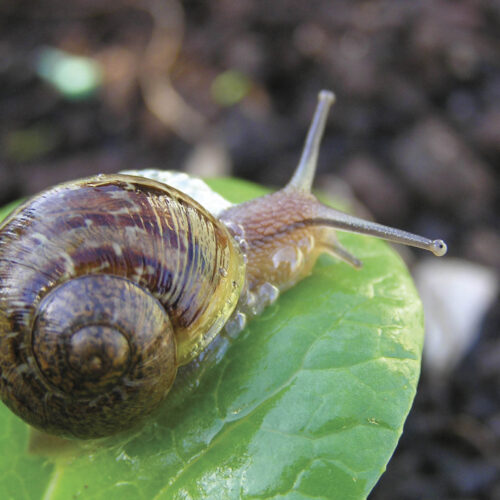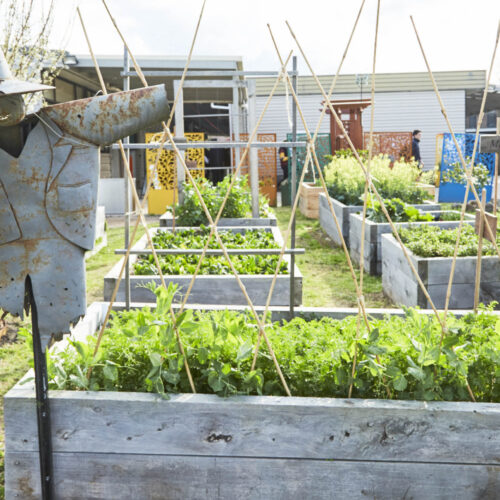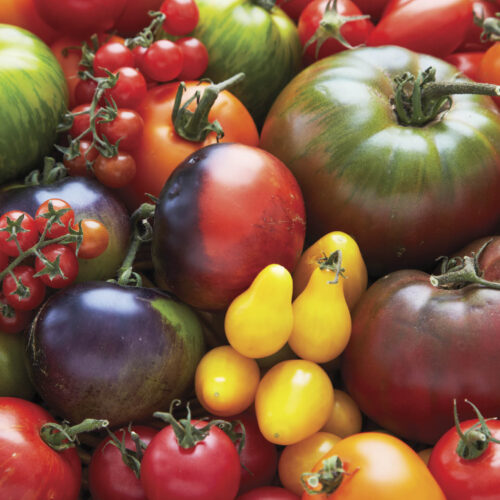Spend less, enjoy life more
2017-02-06T21:00:00+11:00
‘Frugal hedonism’ sounds like an oxymoron, which is exactly why Annie Raser-Rowland and Adam Grubb wrote this book.
‘Frugal hedonism’ sounds like an oxymoron to most people, which is largely why Adam Grubb and I wrote our latest book, The Art of Frugal Hedonism: A Guide to Spending Less and Enjoying Everything More. Frugality implies being restrained in what you consume, whereas isn’t hedonism about seeking maximum pleasure in life? But wait – why do we associate pleasure so strongly with consumption? In fact, modern consumption levels have passed a strange tipping point: a good chunk of the consuming we now do actually degrades our quality of life. The problems of overabundance and ‘over-ease’ in Western cultures are blooming in the forms of our tight waistbands, overstuffed closets and overflowing rubbish tips. Many people feel trapped into working to keep up with ever-higher normalised lifestyle standards: fashionable houses with the highest floor space per person of any country in the world, constant eating out, up-to-date hairstyles, endless technology upgrades.
What if we rejig things a little? Shave 10 per cent off our consumption and spend 10 per cent more time soaking up life’s free pleasures. Our bodies and minds are superbly adaptable, and quickly recalibrate to find a mango an exquisite treat if we don’t snack on chocolate bars and fizzy drinks. Riding and walking provide excellent daydreaming time, and keep our bodies enlivened to better enjoy sensory delights such as swimming, dancing or basking in the sun. Our bank balances grow a protective layer of fat because of all that frilly-junk spending we’re not doing, and we get to feel less pressure to work when we don’t want to. We buy our species a bit more time to work out how to not decimate this charming blue-green ball that has given us so much to enjoy over the millennia.
Gardeners are off to a head start. Getting your hands in the soil, the waft of the rosemary as your wheelbarrow grazes its foliage, feeling the breeze on the nape of your neck as you work up a sweat – gratis gifts to our nerve endings that stoke our pleasure furnace, possibly even when we don’t consciously register them. Observing the cycles of nature helps throw the fadishness of culture into perspective, making us less susceptible to ‘Fear Of Missing Out’ inspired consumption. Knowing how much effort goes into growing food teaches you to value it, and how good simple food can taste when it’s fresh and comes with the pride of your self-reliance (even that knobbly carrot – especially that knobbly carrot!). You can’t bear to see those sun-scorched tomatoes go to waste! So you make a vat of chutney, and give the excess to your neighbours who, of course, adore you for it. More pleasure of the kind that pays dividends, rather than erodes your wallet.
Take the self-reliant, sensory pleasures of gardening up a notch: check whether you’re spending money to replace seedlings that died just because you forgot about them, or straw you were buying for the compost when you could have swept up some autumn leaves, or stakes when you could have saved some tree prunings. Take a torch out at night with the kids to look for critters and pretend you’re David Attenborough. Garden in a summer downpour, or barefoot – or wearing an old cocktail dress. Then take that attitude and apply it to the rest of life. We call it frugal hedonism, and we don’t think it’s a contradiction at all.
To read a review of The Art of Frugal Hedonism plus stories on growing parsley, leeks, cottage flowers and raising quails, get the latest issue of ABC Organic Gardener magazine OUT NOW!






